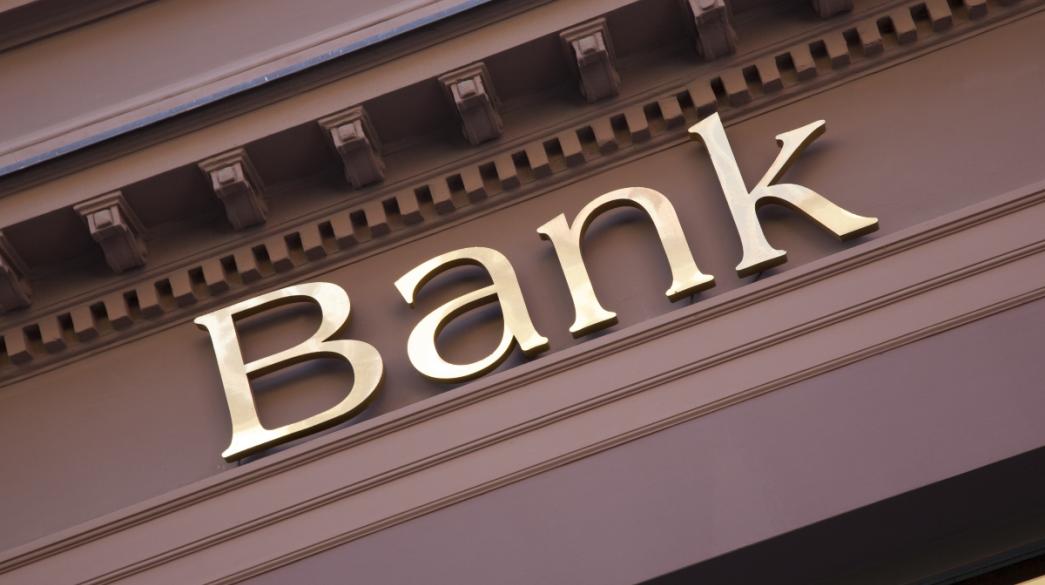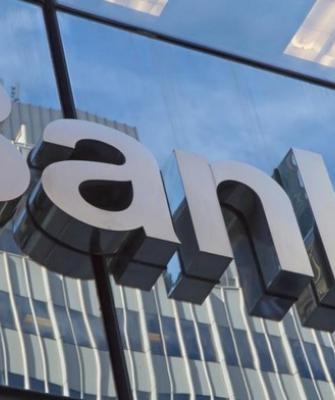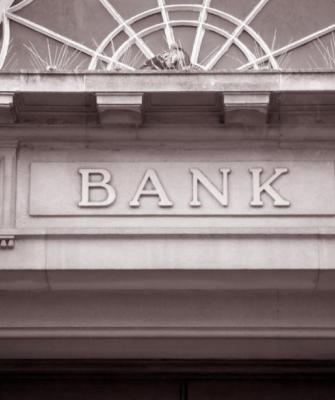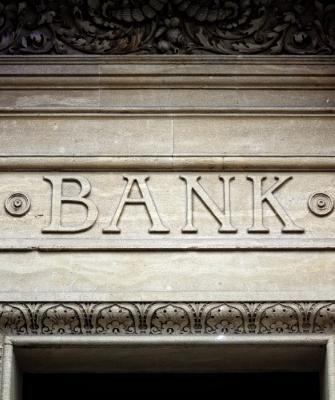The unprecedented shocks to the economy caused by the coronavirus have dealt three-plus one blows to the country's banks. Banks, like all other businesses, will miss out on the opportunity for a good year. In 2020, a significant acceleration of economic growth was expected. The pressure on banks is particularly greater, as in 2020 they were expecting strong growth (had the epidemic not occurred), particularly in new lending after a decade of sharp contraction.
Additionally, the coronavirus crisis is forcing banks to postpone ambitious plans to drastically reduce non-performing loans, until markets settle down and the effects on the economy can be seen, which is perhaps the biggest blow to the industry as it has been cast into a state of increased uncertainty.
Plunging markets make it impossible to go ahead with large transactions planned, such as Alpha Bank's Galaxy project, while even advanced agreements, such as Eurobank's with doValue, will delay, even though there are no changes to the terms of the deal, sources say.
Market conditions are also forcing Piraeus Bank and the National Bank to push back the planned sales of non-performing loans until a time which will be decided by developments concerning the virus. Bank officials estimate, and hope, that the rebound will be V-shaped, and that the sharp decline in GDP in the second quarter will be followed by a strong recovery as of the fourth quarter of 2020, restoring economies and markets to normal.
Challenges ahead
Banks will have to cope with the difficult task of maintaining operations in times of extreme crisis, with most staff members working from home, while also securing healthy working conditions that protect employees on the front line and the broader public.
At the same time, they must support alternative web and phone banking networks to back the large increase in online transactions and postpone significant investments in technological infrastructure that were aimed at radically upgrading infrastructure based on new digital demands.
The fourth blow is related to the crisis, though short in duration, creating a general disruption to payments and a new generation of non-performing loans. This will weaken the industry at a time where it was just about ready to overcome large problems from the past and return to normality.
Due to these exceptionally difficult conditions, the European Central Bank has fully shielded the banking system in terms of liquidity, bad loan and capital adequacy, while the Commission has suspended a series of regulations to prevent any state aid from triggering consequences for shareholders, bondholders, and depositors, which would have been the case under normal circumstances.
Yiannis Papadogiannis










